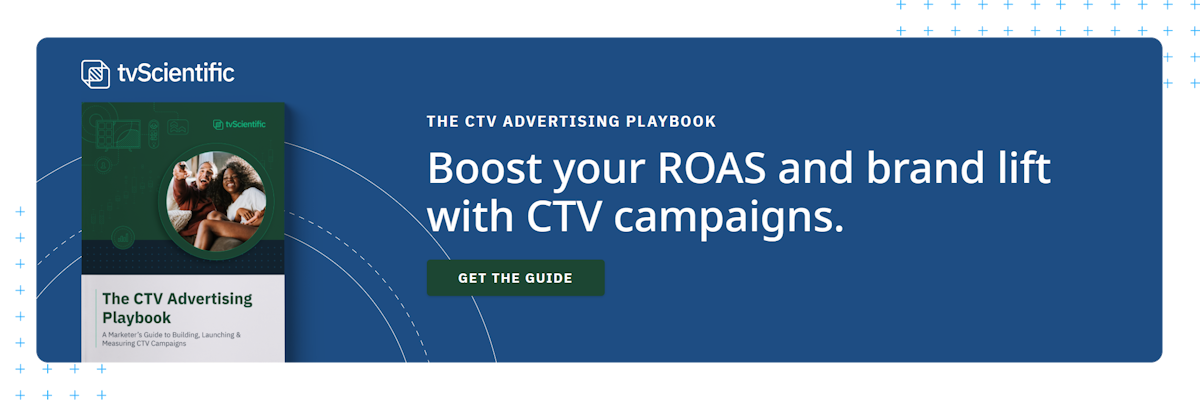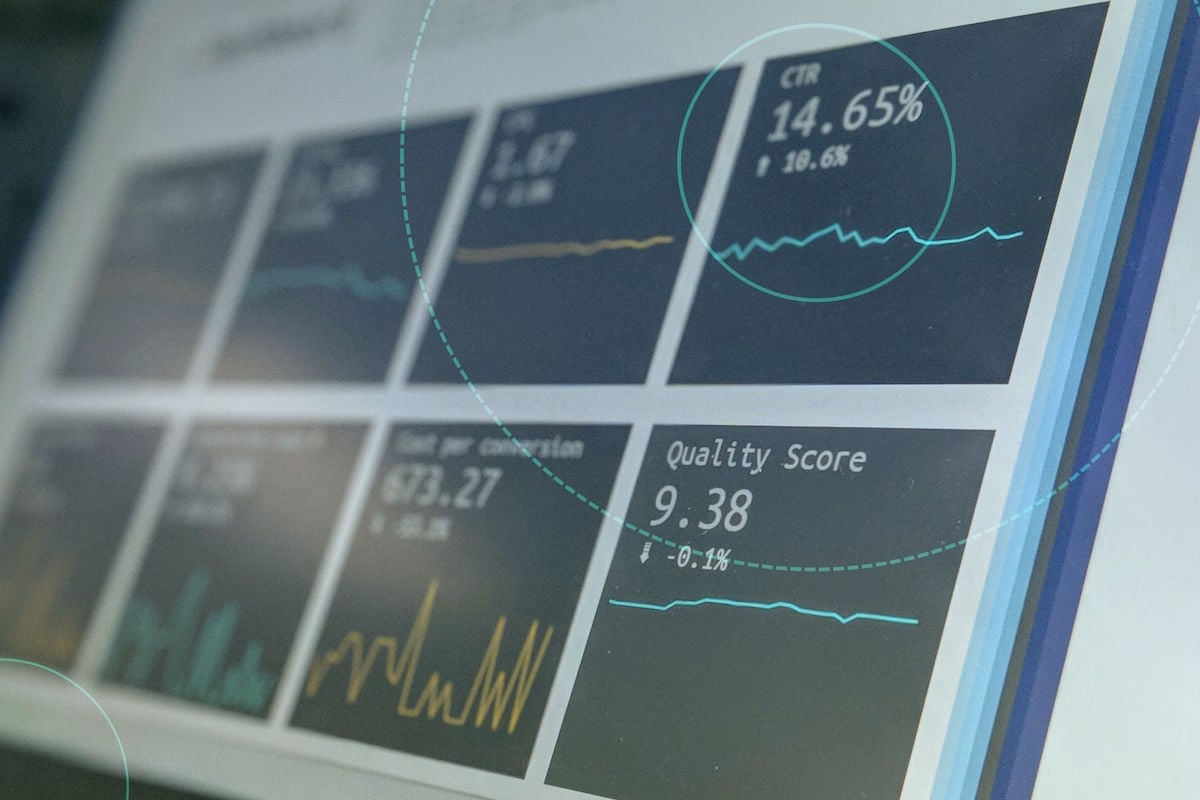As the world’s primary source of information and interaction, the Internet has significantly increased the importance of digital marketing for local businesses. The digital landscape is opening up a wealth of opportunities for small, local enterprises to grow within their communities. However, mastering the art of local digital marketing requires a fair amount of effort, and the path to success is filled with twists, turns, and plenty of strategies to explore.
The term "digital marketing" may sound vast and complex, but at its core, it's all about connecting with your target audience online. For local businesses, this means engaging with the very people who walk through your door, reside in your neighborhood, or share your local community.
This blog is your comprehensive digital marketing guide for telling your unique story, showcasing your products and services, and building meaningful connections with your community and customer base. Let's dive into the world of local digital marketing tips and unlock your business’s doors of opportunity.
Preparing for Digital Marketing Success
To effectively build and execute successful digital marketing strategies, small business owners and entrepreneurs must familiarize themselves with their existing customers, target audience, and local community. Here’s how it’s done.
Understand Your Local Audience
The first step in local digital and content marketing is understanding your target audience and potential customer base.
Conduct Audience Research
Review the demographics, preferences, and behaviors of your local customer base. Consider surveys, questionnaires, and analytics tools to gather data.
Create Buyer Personas
Developing detailed buyer personas that represent your ideal local customers helps tailor your content to their needs and interests. Driving a multi-pronged marketing strategy of any kind is much easier with a strong understanding of exactly who you’re aiming at.
Identify Local Interests and Pain Points
Discover what matters most to your local audience. What are their concerns, interests, and aspirations? Address these topics in your marketing content. This is where strong, well-researched buyer personas come in handy.
Competitive Analysis for Local Businesses
Study your local competitors. What are their digital marketing campaigns like, and what gaps can you fill? Competitive analysis can provide valuable insights for finding a competitive niche.
Local SEO: The Foundation of Success
Local search engine optimization (SEO) is the practice of optimizing your online presence to attract and engage customers in your local area, and it’s a critical component of any local digital marketing strategy.
When done effectively, local SEO can help your business appear prominently in local search results, local maps, and other platforms, ensuring potential customers — from your community and surrounding areas — can easily find and connect with you.
Leverage Local Keywords
Keywords are the foundation of SEO, and for local SEO, using the right local keywords is crucial. Start by conducting keyword research to identify the terms and phrases that local customers are using in online searches for businesses like yours. Tools like Google Keyword Planner and Ubersuggest can help you discover relevant keywords.
Types of Local Keywords
-
Geo-Modified Keywords: These include location-based terms, like "best pizza in [your city]," "dentist near me," or, "coffee shop [your neighborhood]." This helps ensure you’re reaching a local audience.
-
Long-Tail Keywords: These are longer and more specific phrases that may be highly relevant to your local listing. For example, "organic local market in [your town]" or, "24-hour emergency plumber in [your city]."
-
Competitor Keywords: Analyze what keywords your competitors are ranking for and consider targeting those relevant to your business.
Incorporating Keywords
After identifying relevant keywords, it's time to incorporate them naturally across all of your website’s content, including:
-
Page Titles: Use local keywords in your page titles, but make sure they accurately describe the content.
-
Meta Descriptions: Craft compelling meta descriptions that include local keywords and encourage users to click.
-
Header Tags: Include keywords in your header and title tags (H1, H2, H3, etc.) to structure your content effectively.
-
Content: Create high-quality, informative, and engaging content that naturally incorporates local keywords.
-
URLs: Optimize your URL structure to include relevant keywords when possible.
Build Local Citations and Backlinks
Citations and backlinks play a significant role in general and local SEO. Citations are online mentions of your business name, address, and phone number (NAP) on other websites, while backlinks are links from other websites to your site. Here's how to build and manage these crucial elements:
Citations
-
Ensure NAP Consistency: Consistency is key when it comes to citations. Ensure your NAP information is consistent across all online platforms, including your website, social media profiles, and local business directories like your community’s chamber of commerce.
-
Claim and Update Listings: Claim your business on popular online directories like Yelp, Yellow Pages, and Bing Places. Verify and update your information to ensure accuracy.
-
Seek Industry-Specific Directories: Depending on your industry, seek out industry-specific directories and listings that can help boost your online presence.
Backlinks
-
Create High-Quality Content: The best way to attract backlinks is by creating valuable, shareable content. Invest in informative local content like blog posts, infographics, videos, and other materials that websites can trust and will want to link to as part of a successful content marketing strategy.
-
Outreach and Networking: Reaching out to industry influencers, organizations, and other local businesses in your community is a great way to go about link building. Building relationships can lead to natural, mutually beneficial backlink opportunities.
-
Monitor and Disavow: Regularly monitor your backlink profile using tools like Google Search Console. If you spot any spammy or irrelevant links, disavow them to avoid penalties.
Read our blog on the best strategies for small businesses to rule local SEO here.
Google My Business Optimization
Google My Business (GMB) optimization is a vital digital marketing strategy for businesses to understand and master when working to flourish in their local communities and build their online presence. Local SEO strategies, which focus on enhancing visibility within a specific geographical area, largely hinge on optimizing your GMB listing.
GMB optimization is an affordable, savvy way for local business owners to secure a prominent place in local search results by considering search ranking factors.
Investing time and effort into GMB optimization unlocks a variety of benefits like increased visibility, improved trustworthiness, and enhanced engagement with your target audience. This also helps when tourists, or folks who are just passing through, want to stretch their legs on a long drive and decide to Google search, “best coffee in [your city].”
Claim and Verify Your Google My Business Listing
The first thing to check off your Google My Business optimization list is claiming and verifying your GMB listing. Here's a step-by-step guide:
Step 1: Sign in or Create an Account
If you don't have a Google account, create one with a free Gmail address. If you do, log in to your existing account.
Step 2: Locate or Create Your GMB Listing
Navigate to the Google My Business website.
Enter your business name in the search bar and scan the results. If there’s already a listing associated with your business, click on it to claim the existing listing.
If there isn’t a listing already, click "Add your business to Google" and follow the instructions.
Step 3: Verify Your Local Listing
To prove you own your business, Google walks you through a verification process. The process will give you a verification code, usually sent via email or phone. Enter this code to verify your listing and you’re off to the races.
The next step for maximizing your Google Business profile is optimizing your listing for search engines. Check out our full guide here.

Content Marketing for Local Businesses
Genuine content that builds a real connection with audiences is king in the world of digital marketing, and for local businesses, mastering the art of content marketing is a potent strategy for building strong connections within the community.
This marketing strategy involves crafting and sharing relevant, valuable pieces of content tailored specifically to your local audience. Local content marketing enhances your online presence and fosters deeper connections within your community. It all starts with gaining familiarity with your target audience.
Understand Your Local Audience
The first step in local content marketing is understanding your local audience and potential customer base. Here's how to do it:
Conduct Audience Research
Review the demographics, preferences, and behaviors of your local customer base. Consider surveys, questionnaires, and analytics tools to gather data.
Create Buyer Personas
Developing detailed buyer personas that represent your ideal local customers helps tailor your content to their needs and interests. Driving a multi-pronged marketing strategy of any kind is much easier with a strong understanding of exactly who you’re aiming at.
Identify Local Interests and Pain Points
Discover what matters most to your local audience. What are their concerns, interests, and aspirations? Address these topics in your content. This is where strong, well-researched buyer personas come in handy.
Competitive Analysis for Local Businesses
Study your local competitors. What content are they producing, and what gaps can you fill? Competitive analysis can provide valuable insights.
If you’re curious to learn more about content marketing as a local business owner, check out our full guide here.
Social Media Marketing for Local Engagement
Social media marketing strategies are extremely useful for local businesses looking to connect directly with their customer base. It’s important to recognize that there are multiple ways to use social media, and in this blog, we’ll look at the two big ones: As an advertising platform, and as a content marketing avenue.
Social Media Advertising
Social media platforms like Facebook and Instagram offer robust advertising avenues with extensive targeting options, making them ideal for reaching local audiences. A note to consider: If you run a local business focused on the B2B sector, LinkedIn can be a great social media marketing platform to explore as well.
Here's how to get the most out of your business’s social media accounts on Facebook and Instagram:
Create Geo-Targeted Ads
Both Facebook ads and Instagram allow you to target users based on their location. Craft ads that target local customers with specific appeals to events, content, and messaging that your community appreciates.
Leverage Facebook's Local Awareness Ads
Facebook's Local Awareness ads are specifically designed to increase foot traffic to physical stores. By implementing this feature, Facebook is helping small businesses like yours bring more people through your doors.
Use these ads to promote in-store events and incentives, pricing discounts, or new arrivals.
Use Instagram's Local Features
Instagram's location tags and hashtags can help local users and tourists alike discover your business. Encourage customers to tag your location when visiting your store or attending local events you host.
Our favorite way to become an Instagram location hotspot? A fun photo opportunity or a unique shopping experience that influencers will love to talk about.
Discover more about using social media platforms as an advertising tool in our blog.
Social Media Content Marketing
Creating great local content to market is half the battle. You have to focus on promoting that content effectively to get it in front of the folks who matter.
Social Media Promotion
Share your content across your social media platforms to ensure it reaches your local audience. Use relevant hashtags and respond to your followers when they engage with you.
Consistently update your social media profiles with engaging and relevant content. Share news, promotions, and behind-the-scenes glimpses to keep your audience engaged.
Influencer Marketing
Partnering with local social media influencers is a great way to gain followers and get your ad campaigns and social content in front of new customers.
Develop a Unique Voice
Social media doesn’t have to be so serious. Direct-to-consumer communication is all about finding your brand’s voice and shaping a personality to raise brand awareness. If your brand is a local, funky clothing shop, it’s alright to have some fun and make some jokes. If you’re a plumbing business, why not talk about some of the worst “plumbing fails” you’ve seen on the internet?
Email Marketing: Build Local Relationships
Email marketing is a great tool for local businesses to foster relationships with loyal customers. Effective email marketing feels like a personal conversation in a local coffee shop and allows you to directly engage with your target audience and extend exclusive invitations.
Utilize Email Marketing for Local Customer Engagement
Email marketing offers a direct avenue for meaningful connections with your local audience. Tailor your emails to address customers by name and align content with their preferences, past purchases, and local interests.
Grow Your Local Email List
A robust email list is a treasure trove of potential loyal customers. Grow your local email list through in-person sign-ups, prominent website sign-up forms, and social media promotions. Ensure full privacy compliance and consent.
Craft Effective Local Email Campaigns
With your email list in place, create campaigns that maintain engagement:
1. Segment Your List: Group subscribers based on preferences, location, or past interactions for highly targeted emails.
2. Consistency Matters: Find a balance between regular emails and avoiding inbox overload.
3. Compelling Subject Lines: Grab attention with relevant and local subject lines.
4. Engaging Content: Share local stories, news, and exclusive offers that cater to audience interests.
5. Strong Calls to Action (CTAs): Every email should have a clear CTA guiding the audience to take action.
Measure and Analyze Success
Once your local digital marketing strategies are in full swing, measuring and analyzing your success is vital. This helps you understand what's working and allows you to fine-tune your approach for better results while optimizing your marketing budget.
Key Performance Indicators for Local Online Marketing
Defining clear key performance indicators (KPIs) for your local digital marketing efforts is important for ensuring you’re making actual progress. These might include:
-
Website Traffic: Monitor the number of visitors to your website, their sources, and which pages they frequent the most.
-
Conversion Rates: Track how many visitors take the desired actions, like making a purchase, filling out a contact form, or signing up for your newsletter.
-
Local Search Rankings: Keep an eye on your position in local search results to gauge your visibility.
-
Customer Engagement: Measure social media likes, shares, comments, and the growth of your online community.
-
Online Reviews: Analyze your ratings and customer reviews on platforms like Google, Yelp, and social media.
-
Email Campaign Metrics: Look at open rates, click-through rates, and conversion rates for your email marketing efforts.
Track Your Local Digital Marketing Efforts
Various tools can simplify the tracking and analysis process. Google Analytics, Google Search Console, and Google Ads are powerful for website and advertising data, while social media platforms offer in-depth insights into your social performance.
SEO tools like Moz can help with monitoring local search rankings. For email campaigns, platforms like MailChimp or Constant Contact provide detailed metrics.
Adjust Your Strategies Based on Metrics
Metrics-driven insights are invaluable in shaping your local marketing strategies. If you notice that certain keywords perform exceptionally well, focus on optimizing content around them.
If your website traffic is high but conversions are low, consider improving your landing pages or calls to action for converting e-commerce leads. Data enables you to make informed decisions and pivot your strategies for better results.
The Digital Marketing Revolution Goes Local
There are many other types of powerful digital marketing tools, but this guide gives you a comprehensive platform to build on. When you’re ready, try exploring avenues like Pay-Per-Click (PPC) advertising, local business listings and online directories, and the power behind encouraging and responding to online reviews. As automation becomes more powerful, there will be new, exciting apps and platforms to market to your customers.
Bookmark this guide and come back to it whenever you’re ready to explore more effective digital marketing opportunities. Remember, Performance-based Connected TV (CTV) advertising is another powerful digital marketing platform for highly localized businesses.
Embrace the power of TV advertising, and elevate your local marketing strategy to new heights with tvScientific.





